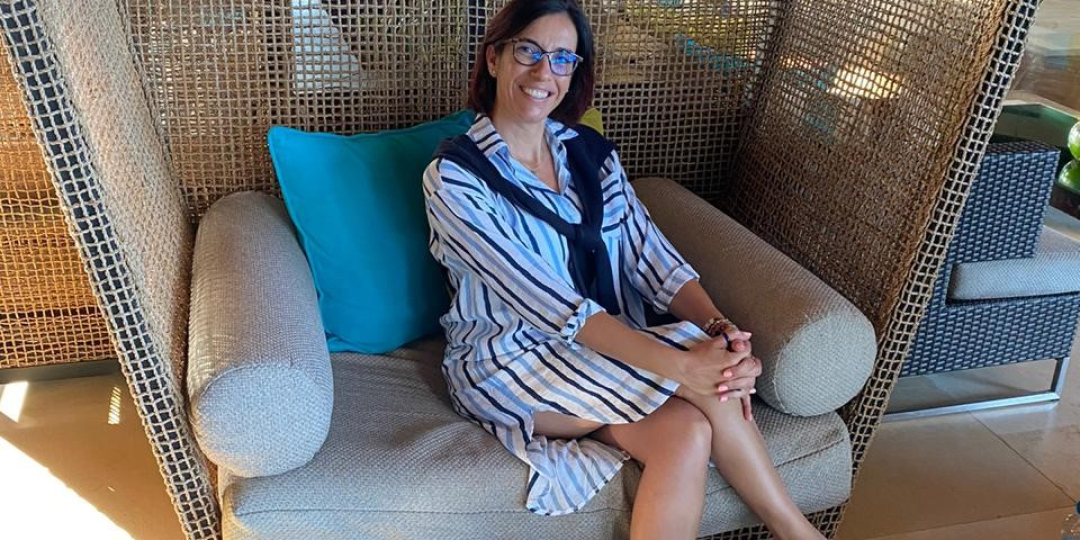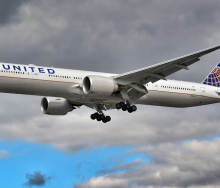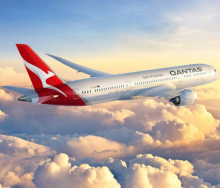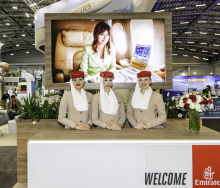Iata’s new GoLite accreditation model was designed to limit airline risk, as all agent tickets are prepaid. But some airlines are hesitant to work with GoLite-accredited agents and are requesting individual cash deposits from those agents in exchange for ticketing authorisation.
In one instance, an agent was asked to deposit R10m to issue tickets for Turkish Airlines, a requirement that, the agent alleges, is in breach of Iata resolution 812.
When owner of Travel VIP, Paula Varges Martini, signed up for GoLite, she was excited for her agency to have its own Iata number without having to tie up funds in a costly bank guarantee. However, after paying across R10 000 for GoLite accreditation and another R4 500 for a PCI compliance certificate, only to find that airlines were hesitant to allow Travel VIP to issue their tickets without individual airline deposits, Paula said she concluded that the only party to benefit from the accreditation was Iata.
Perry Flint, of Iata corporate communications, explained that GoLite accreditation was for agents that did not require a cash facility in the BSP, i.e. no cash sales, and would ticket only using Iata EasyPay (a pay-as-you-go e-wallet solution for agents to issue tickets via the BSP) and/or credit cards. “This model offers an easier accreditation. As there is limited financial risk, the financial requirements are minimal,” says Perry.
Ceo of Asata, Otto de Vries, added that GoLite was introduced by Iata to the BSPZA market about a year ago and had seen a fair amount of uptake recently with the withdrawal of DIP insurance from the market, as agents had been looking for alternative financing methods to secure their Iata licences. “GoLite is supposed to offer a no-deposit, no-guarantee accreditation solution for agents. There is no risk to airlines as tickets are all prepaid. We are aware of a number of agents that have moved across to this accreditation system recently and we are now hearing about teething problems. This is concerning, as the issues indicate that the accreditation model may offer agents limited value. We are engaged in discussions with Iata about these issues at present,” said Otto.
According to a list Iata sent to Travel News of airlines that accept Iata EasyPay as a payment method, Paula should have had no issue signing up with Turkish Airlines or Emirates for ticketing authorisation. However, her request for authorisation received the following response from a Turkish Airlines representative:
“Please be advised that due to the current pandemic TK HQ amended their policy with regards to the linkage of agents for ticketing. TK therefore is requesting one of two options as follows:
- An EFT into TK JNB bank account to the value of US$700 000 (R10 258 640)
- A bank guaranteed cheque to the value of US$700 000 (R10 258 640), issued in the name of TK JNB.”
“As Travel VIP is a new agency, Emirates may require an additional bank guarantee before opening up ticket agreement. The value of this guarantee will be determined by our credit risk department based on the feedback from yourself,” said a representative from Emirates in another email that Paula received.
Paula was horrified and reported the emails to Iata. A representative from Iata responded to Paula that Section 2.11 of Resolution 812 explained that it was the airline’s decision to change its local policies and that Iata could not interfere.
However Section 2.11.1 of Resolution 812 reads as follows:
“Recognising that Iata is mandated to conduct financial assessments of applicants for, and agents who hold, standard accreditation with cash facility or multi-country accreditation in accordance with sections 2.5 and 5, and that a remittance holding capacity will apply to all agents authorised to use the cash payment method, a BSP airline may not request a separate, independent and mutually exclusive financial security arrangement from the agent.”
In Paula’s opinion, the wording of this resolution clearly indicates that BSP airlines may NOT request a separate financial security arrangement from the agent. She highlighted this to Iata stating that these airlines were breaching the resolution, but Iata’s position has to date remained unchanged.
“This is a commercial matter that an agent and Iata are corresponding on. Iata cannot comment on commercial queries or disputes between individual agents and airlines,” responded an Iata spokesperson to Travel News.
Turkish Airlines and Emirates were also contacted for comment on the matter. Emirates had not responded at the time of publication but Turkish Airlines had this to say: “Turkish Airlines is regarding this as an internal matter between the agent concerned and the airline. No further comment,” responded sales representative, Louzya Garnett.
“I can only conclude that airlines do not want agents to move across to the GoLite system,” said Paula.















